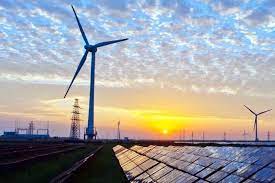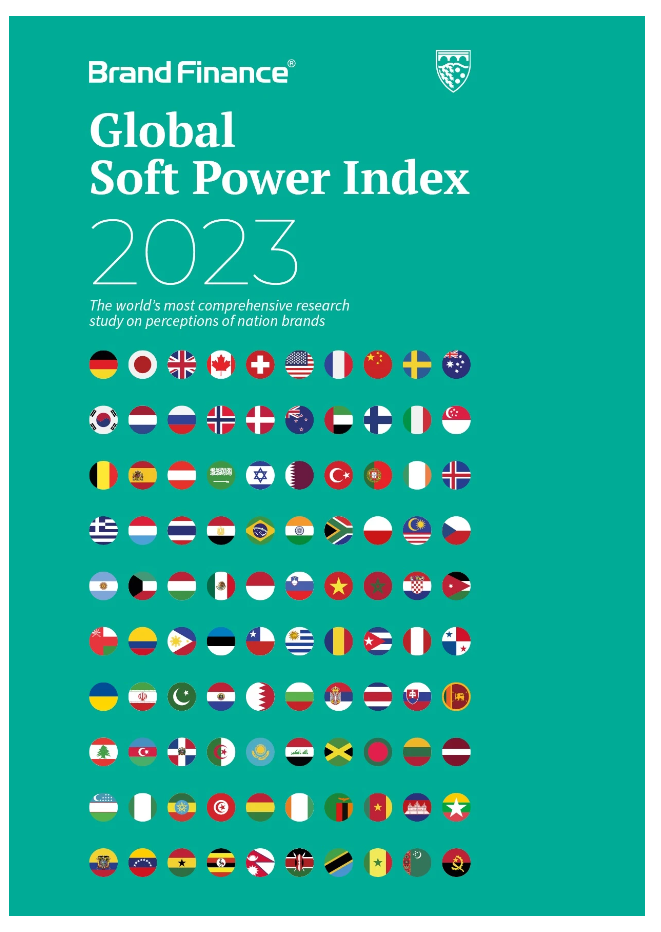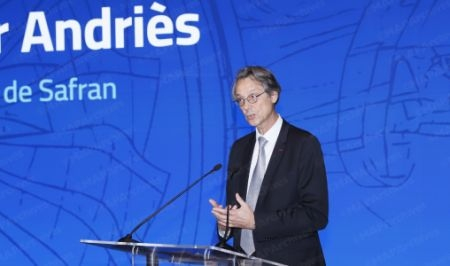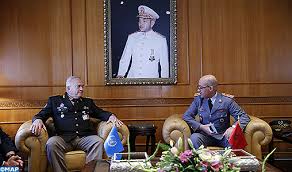Morocco’s transition to low-carbon economy requires an annual investment of $2.6 billion through 2030, rising to $17.4 billion annually by 2050, according to a report released by the World Bank
The money will be spent on new clean energy solutions and technologies, explained the report titled: Scaling up to phase down: Financing Energy Transitions in the Power Sector.”
Morocco’s energy transition will lead to a transformation of power sector infrastructure, underlined the WB document, noting that this transformation will require a massive scaling up of renewable energy and energy efficiency to meet rapidly growing demand, followed by a phasing down of coal-fired power generation.
Morocco’s gradual expansion in solar energy over a decade illustrates the transformative role that concessional financing can play when embedded within a systematic policy vision, explained the WB experts.
They cited in this regard the setting up of MASEN, a state-owned agency responsible for procuring large-scale renewable independent power producers, building on the procurement experience of Morocco’s electricity utility, ONEE, in the early 2000s.
In the mid-2000s, Morocco explored scaling up solar investments in order to reduce its dependence on imported oil, coal, and gas, and its exposure to the volatile prices of those commodities, as well as to expand its global leadership in climate change mitigation, said the report.
To finance its green economy transition, Morocco used the Clean Technology Fund (CTF), one of the world’s largest and most ambitious multilateral climate finance mechanisms for developing countries that are seeking to shift to low-carbon and climate-resilient development, and to accelerate climate action.
The World Bank helped Morocco mobilize CTF financing on concessional terms to anchor a package of bilateral and multilateral financing involving multiple donors. The initial result was a 20 percent reduction in the tariff bid by the private investors in the first solar public-private partnerships. The private sector subsequently invested in hundreds of megawatts of solar power generation in Morocco, and the program has had significant regional and global demonstration impacts.



